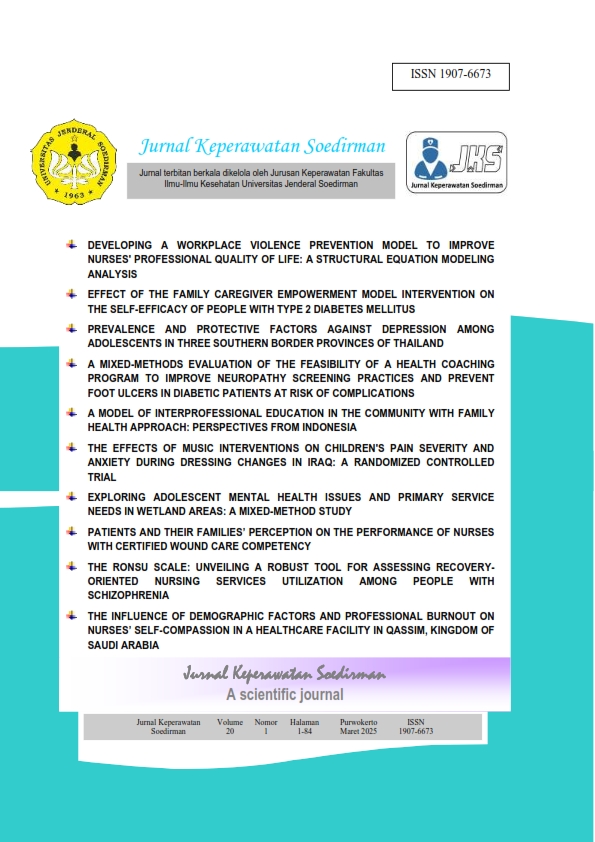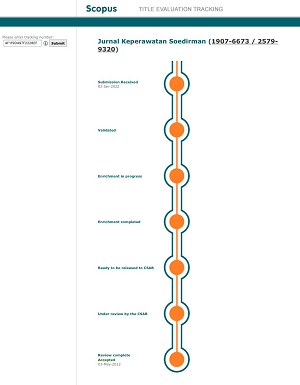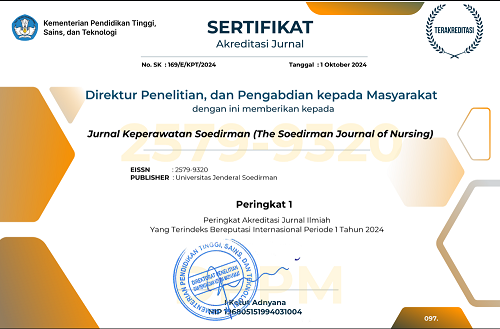The Influence of Demographic Factors and Professional Burnout on Nurses’ Self-Compassion in A Healthcare Facility in Qassim, Kingdom of Saudi Arabia
Abstract
Healthcare professionals faced burnout. However, the influence of self-compassion has yet to be further explored. Hence, this study examined the relationship and influence of demographic factors and professional burnout on nurses’ self-compassion. In a predictive-correlational and comparative design, 145 nurses who were currently employed at the healthcare facility during the study and willing to participate were conveniently selected. A survey questionnaire was utilized to gather data. Analysis was done using SPSS v.29. Results revealed that most respondents experienced low professional burnout while having high self-compassion. On the one hand, levels of burnout have a statistically significant difference when grouped according to marital status (p=0.005), working hours per week (p=<0.001), eating habits (p=0.005), and professional burnout. On the other hand, a statistically significant difference was noted in the respondents’ self-compassion when grouped according to their age (p=0.027), years of work experience (p=0.026), financial comfort (p=0.021), eating habits (p=0.049), and level of burnout (p=0.004). Meanwhile, burnout and self-compassion (r=-.356) revealed a negative, statistically significant relationship. Furthermore, lower levels of burnout were strongly predicted by being married, high levels of self-compassion, healthier eating habits, and fewer work hours per week, which explained the 24.5% variance. Additionally, age and financial comfort, explaining the 15.6% variance in burnout, were also considered significant predictors. Thus, nurses who experienced lower levels of burnout had a greater level of self-compassion and vice versa.







.png)




_3.png)

 Kampus keperawatan unsoed
Kampus keperawatan unsoed  Published By Jurusan Keperawatan FIKES UNSOED
Published By Jurusan Keperawatan FIKES UNSOED jks@unsoed.ac.id
jks@unsoed.ac.id

